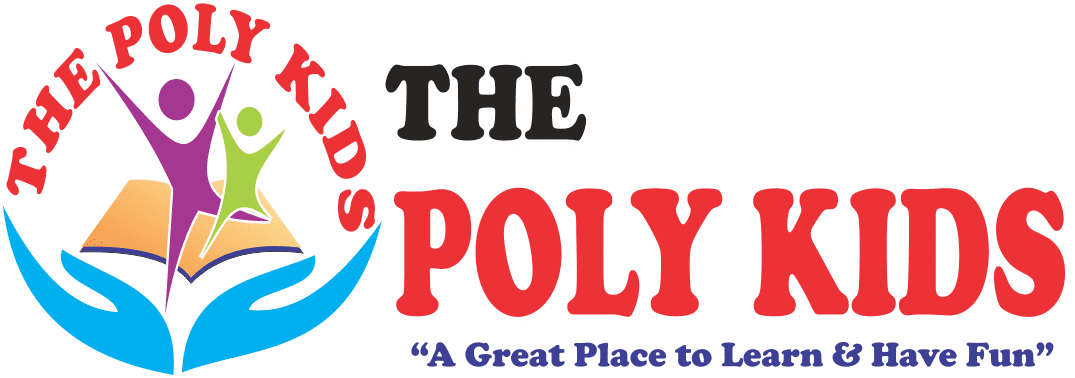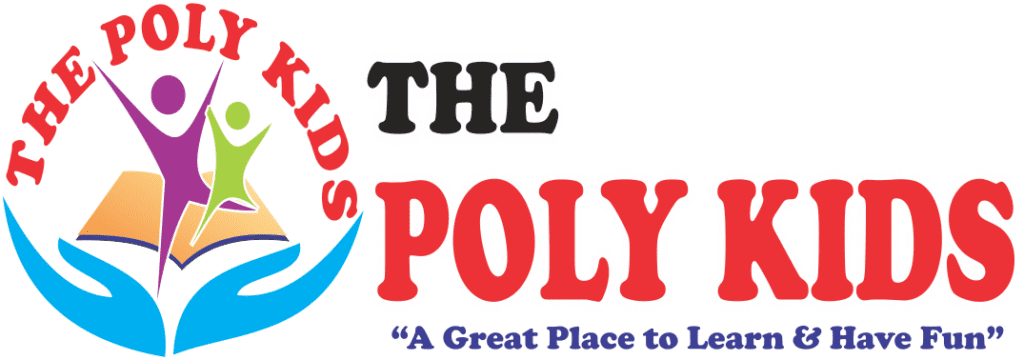Technology’s Role in Early Child Development
In today’s rapidly evolving digital age, technology in early childhood development is transforming the way young children learn, interact, and grow. At The Poly Kids, we believe in blending traditional learning with digital tools to create a balanced, engaging, and future-ready foundation for preschoolers.
This blog explores how technology is reshaping early childhood experiences and what that means for parents, educators, and the children themselves.
The Growing Presence of Technology in Children’s Lives
From interactive learning apps to educational cartoons, technology is increasingly becoming a part of a child’s environment. Whether it’s through tablets at school or screen time at home, digital exposure begins earlier than ever before.
While this trend raises valid concerns, it also presents remarkable opportunities—especially when used thoughtfully in preschool settings like The Poly Kids.
Benefits of Technology in Early Childhood Development
1. Enhanced Learning Experiences
Interactive tools like educational games and eBooks turn passive learning into active engagement. Children absorb information better through audio-visual content, animations, and storytelling apps that stimulate multiple senses.
2. Improved Motor Skills
Touch screens, drag-and-drop activities, and age-appropriate games improve hand-eye coordination and fine motor skills. These tools complement physical activities in our classrooms at The Poly Kids.
3. Language and Communication Growth
Technology in early childhood development supports vocabulary building and language recognition through rhymes, stories, and interactive reading platforms.
4. Encouraging Curiosity and Exploration
Apps and educational videos expose children to the world around them. They learn about animals, space, nature, and much more—sparking curiosity that fuels their cognitive development.
5. Inclusive Learning for Every Child
Children with different learning needs benefit from customizable digital tools that adapt to their pace. Technology enables personalized learning journeys, something we emphasize at The Poly Kids.
Challenges of Technology in Early Childhood Development
While technology offers immense advantages, it’s crucial to approach it with care. Unregulated or excessive usage may lead to developmental concerns.
1. Reduced Social Interaction
Overuse of devices can limit real-world interactions, which are essential for social-emotional development in preschoolers.
2. Attention and Focus Issues
Frequent screen changes and fast-paced media may shorten a child’s attention span if not balanced with offline learning and play.
3. Health and Physical Concerns
Too much screen time can impact eyesight, posture, and physical activity levels. At The Poly Kids, we limit and monitor screen use to maintain a healthy routine.
How The Poly Kids Uses Technology Mindfully
At The Poly Kids, our approach to technology in early childhood development is guided by three key principles:
1. Purposeful Use
We use age-appropriate educational software that aligns with our curriculum. Every digital activity has a clear developmental goal—whether it’s improving literacy, creativity, or critical thinking.
2. Balanced Approach
Children spend more time engaging in hands-on activities, storytelling, art, outdoor play, and peer interaction than on screens. Technology supplements—not replaces—our teaching.
3. Teacher-Guided Interactions
All tech-based learning is supervised by trained educators. We ensure that screen time is meaningful, safe, and social, often involving group tasks and discussions.
Real-World Impact at The Poly Kids
Many of our young learners at The Poly Kids have shown improved attention spans, enhanced vocabulary, and better comprehension when technology is integrated thoughtfully. For example:
-
Children learn phonics through interactive whiteboards and audio stories.
-
Math skills are reinforced with engaging counting games and puzzles.
-
Our virtual field trips let kids explore wildlife, museums, and oceans—all from the safety of the classroom.
Parental Role in Managing Technology at Home
We encourage parents to extend mindful tech habits at home. Here are a few tips:
-
Set a time limit for daily screen use (ideally under 1 hour for preschoolers).
-
Choose high-quality, age-appropriate content.
-
Engage with your child during screen time—discuss what they see and learn.
-
Encourage a balance of screen, play, and storytime.
By working together, schools and families can make technology in early childhood development both enriching and safe.
The Future of Tech-Enabled Early Learning
As artificial intelligence, AR/VR, and adaptive learning continue to evolve, the potential for technology in early childhood development is vast. At The Poly Kids, we aim to stay ahead—ensuring children grow up tech-savvy, socially skilled, and emotionally grounded.
We envision a future where every child has access to digital tools that nurture their creativity, compassion, and curiosity.
🌈 Conclusion
Technology, when used responsibly, has the power to positively shape a child’s development. It’s not about replacing traditional methods but enhancing them to meet the needs of 21st-century learners.
At The Poly Kids, we’re proud to embrace technology in early childhood development with purpose, balance, and care—preparing our young minds for a bright digital future.


